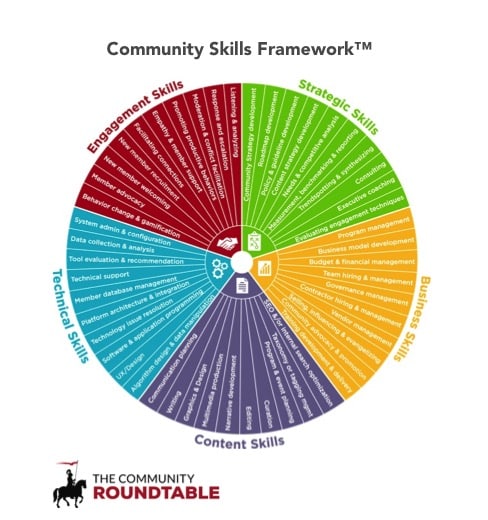Highlights include:
- How online extends and combines with the vital offline relations and events in the hospitality industry
- A discussion of whether or not being a nimble small business is an advantage over being a big chain when it comes to using social media
- How hard metrics and the more “touchy-feely” side of social media mesh
- A critique of Roger Smith Life and the value of showing an off-product side of your business; “It’s got to be interesting.”
MUSIC CREDIT: “Bleuacide” by graphiqsgroove.
About Conversations with Community Managers*
To better reflect the diverse conversations our podcast covers we’ve changed the name of our long-running series to Community Conversations.
Community Conversations highlights short conversations with some of the smartest minds in the online community and social business space, exploring what they’re working on, why they do what they do, and what advice they have for you.
These episodes are a great way to begin to understand the nuances of community strategy and management.
Each episode is short (usually less than 30 minutes) and focuses on one community management professional.
 What is a community manager?
What is a community manager?
